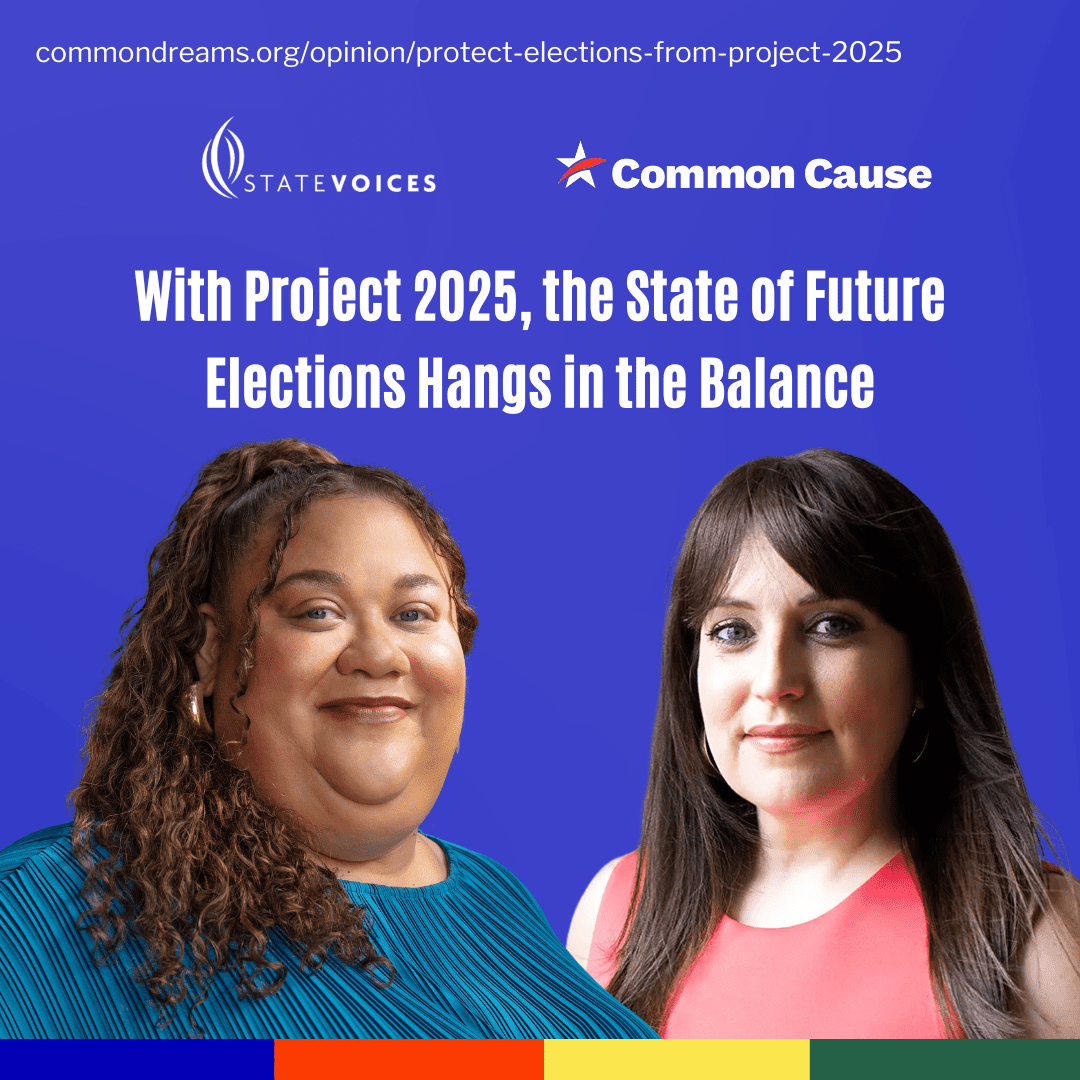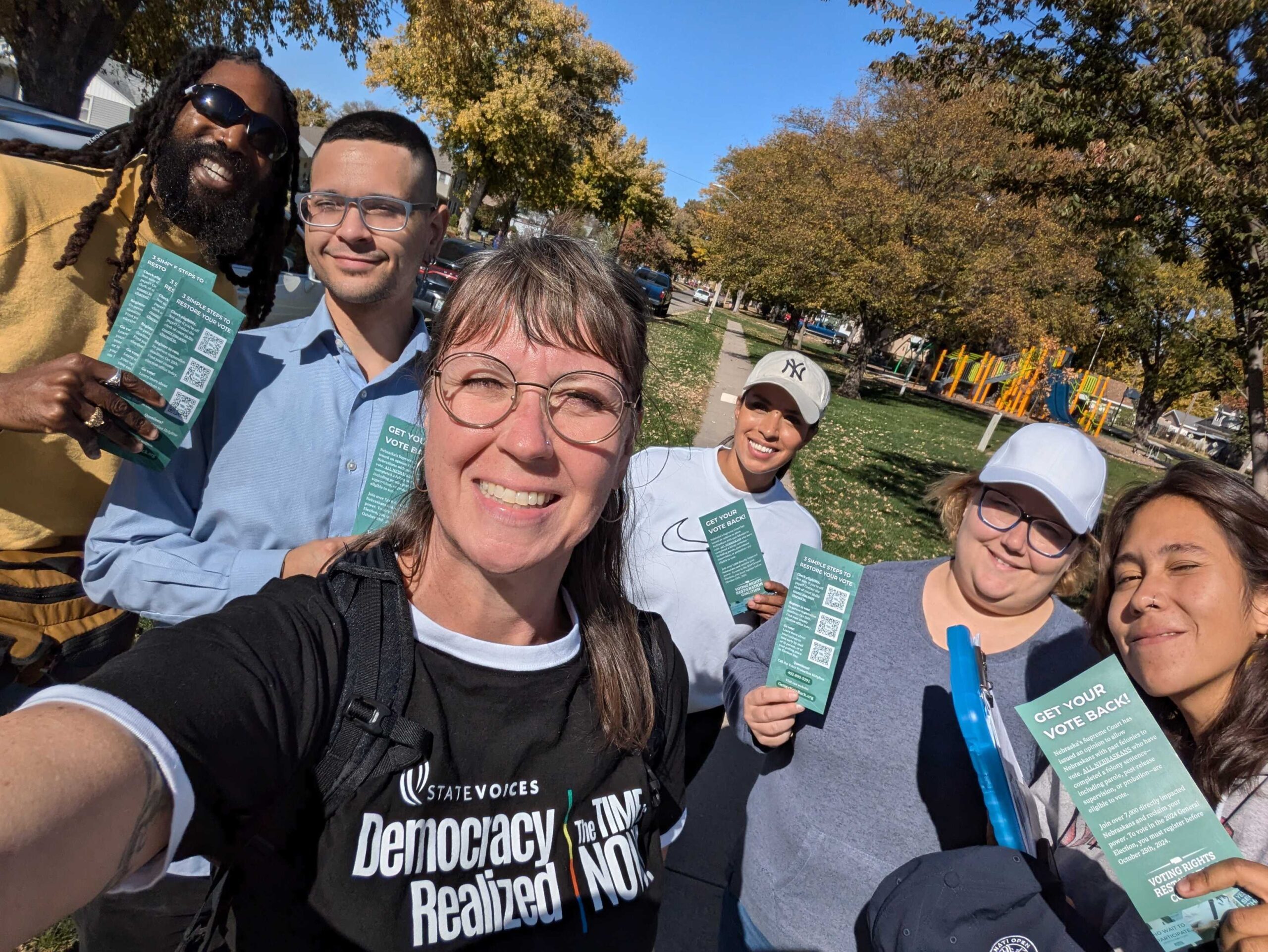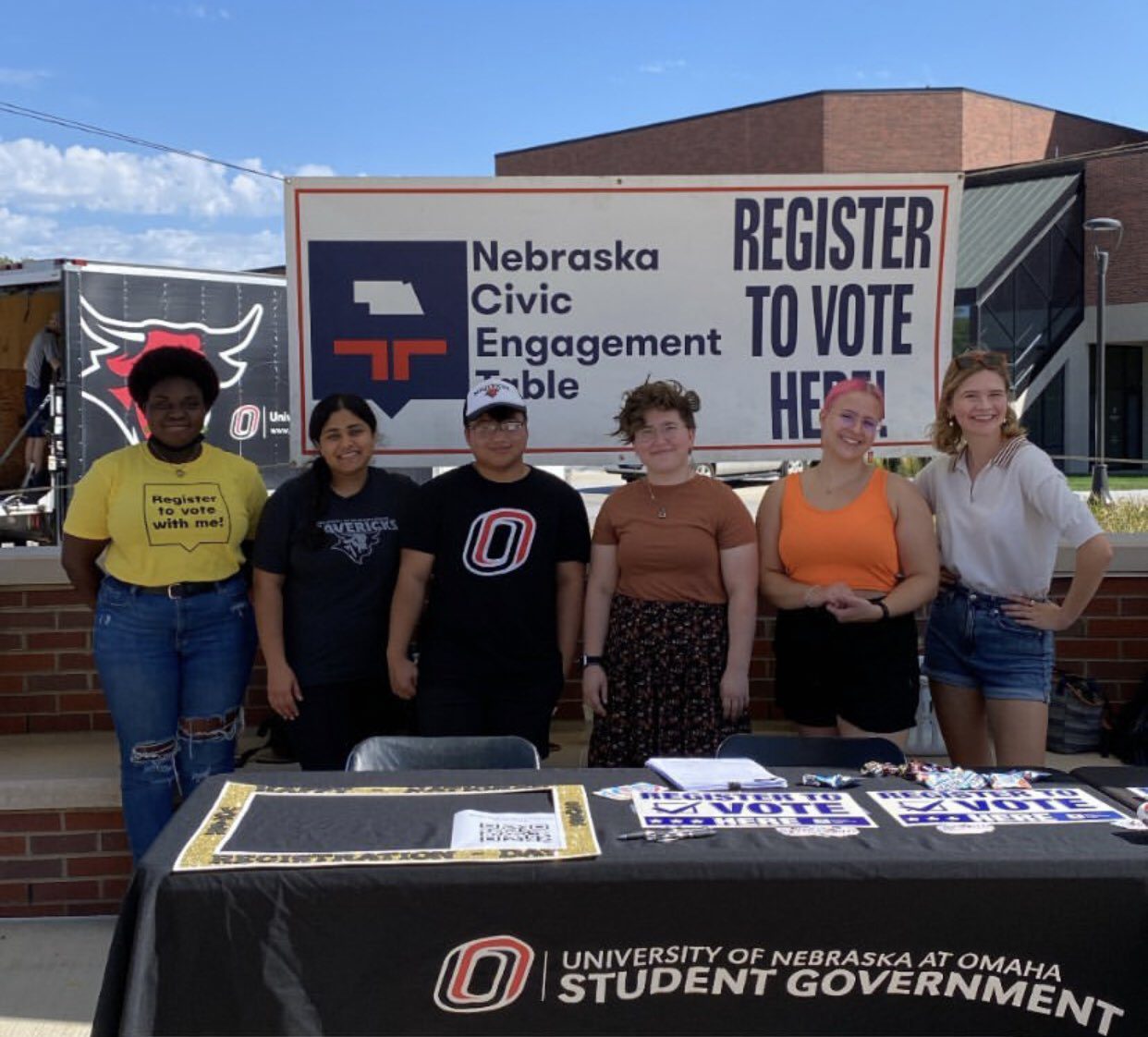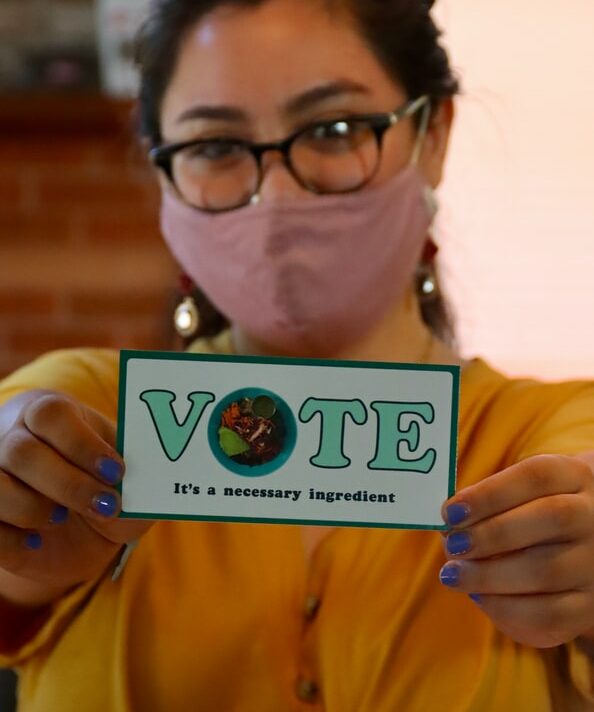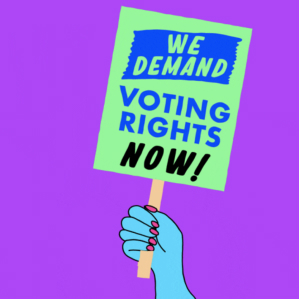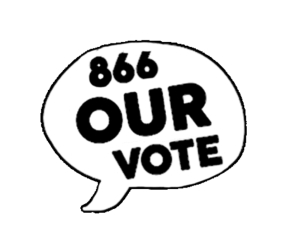This interview was originally published in 2020.
Election Protection is a coalition of organizations from across the U.S. fighting to increase access to the ballot box, and to ensure that every vote counts. Election Protection does this by providing voter education and resources, advocating for election reform, and hosting the Election Protection hotline (866-OUR-VOTE) that voters can call with any issues they may face at the ballot.
With the 2020 general election underway, protecting voters and elections is at the forefront of many people’s minds. We spoke with Mathilda from Silver State Voices about her experiences pushing to protect elections.
Her expertise sheds light on what Election Protection looks like on the ground. Voters, rest assured knowing that people like Mathilda are fighting to protect your vote and promote access to the ballot box.
Thank you for speaking with us, Mathilda!
Q: For readers who are unfamiliar with Election Protection, can you please describe what your role as an Election Protection advocate entails?
Mathilda: As the Voting Rights/Election Protection Coordinator, I am responsible for ensuring fair, equitable, and safe elections via community outreach, voter education, and more. Under Let Nevadans Vote, our coalition, which consists of 18 grassroots organizations in Clark and Washoe Counties. Election Protection refers to a spectrum of services from creating snack bags for voters waiting in long lines, to answering voting related questions, and more! We also think of many possible scenarios
Q: Based on your experience, what is the biggest threat facing the integrity of our elections?
Mathilda: Misinformation and the resulting lack of trust in our electoral process. As we face the ongoing threats and challenges of COVID-19, many are relying on mail-in voting to safely be able to cast their ballots.
During this election cycle, there has been a lot of misinformation being spread amongst voters who are worried that their vote may not count if they cast a mail-in ballot. This dis-/misinformation has been amplified by many politicians and organizations, and has caused a lot of confusion within many communities.
Q: What is the most challenging aspect of your Election Protection work? What is the most rewarding?
Mathilda: The most challenging aspect would be being able to successfully run and coordinate a large volunteer program. The most rewarding component of my work is hearing testimonies from our volunteer poll monitors and voters.
Q: What advice do you have for anyone seeking to get involved with Election Protection advocacy? (on the local, state, and/or federal level)
Mathilda: Reach out to your local community organizations and find out what they are doing to supplement Election Protection efforts in your community.
Q: What do you think is the most important thing for poll workers/monitors to keep in mind in terms of Election Protection?
Mathilda: EVERY VOTE MATTERS.
When working the polls (as an election worker or poll monitor), one must ensure that every person that goes in to cast their vote is able to do so successfully.
Most of the issues that arise when serving as a poll monitor/worker are on a person-by-person (or vote-by-vote) basis. These issues can include anything, such as a person not being found in the voter roll, a voter’s signature not matching their voter registration, or a voter who is having trouble voting due to a language barrier.
When acting as a poll monitor, one is able to realize the importance and the value of a vote.
Q: What is a policy change that you think is viable in solving our election issues?
Mathilda: Start small. One major goal of election protection is to make sure that voters have the correct information when they are going to cast their ballots. Although we are helping run a statewide Election Protection program, the essence of Election Protection forms on a relational level.
This means having conversations with family and friends about voting and sharing legitimate information with them. Talk to them about the dangers of misinformation and encourage them to reach out to their families and friends as well.
After all, you’re more likely to trust a family member or a friend than you are some random person!
Q: What are some things you want to make sure voters in your state know to help protect their vote?
Mathilda: Firstly, you have a right to vote for whomever you choose. Secondly, call 866-OUR-VOTE if you have any voting questions or concerns!
Categories: Election Protection
